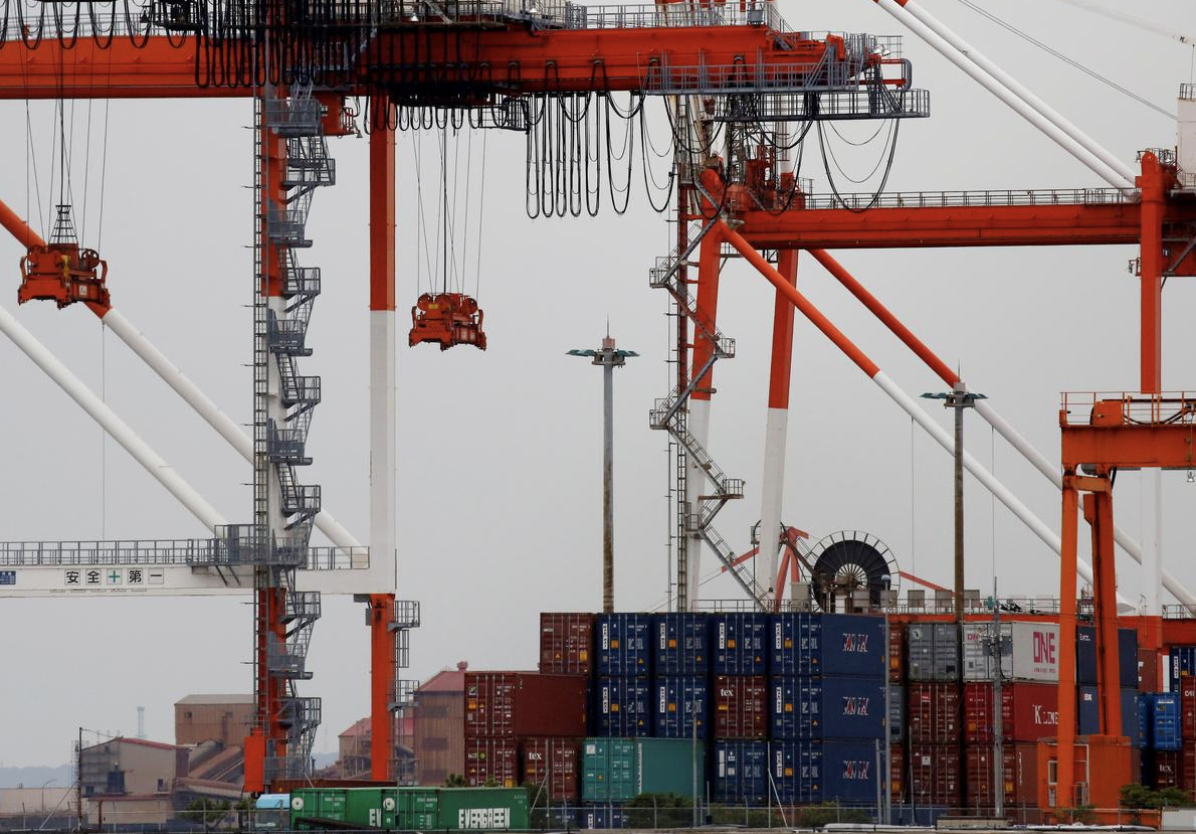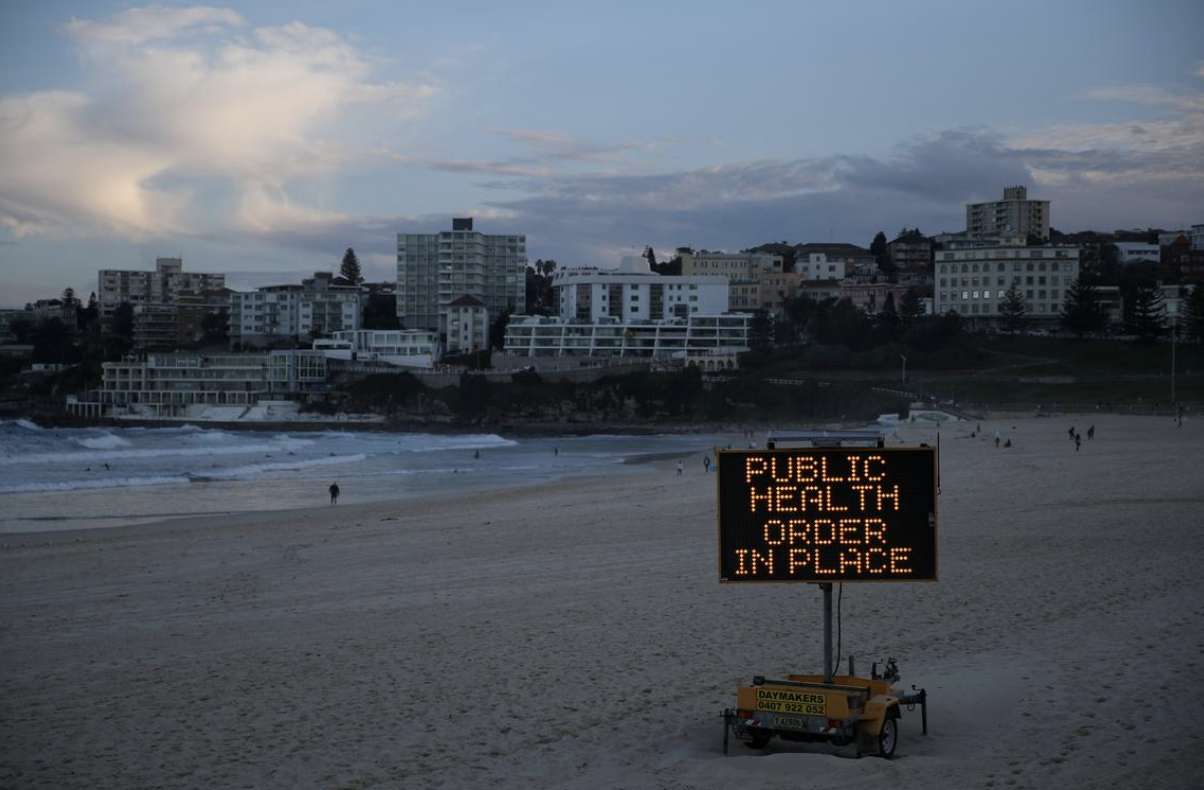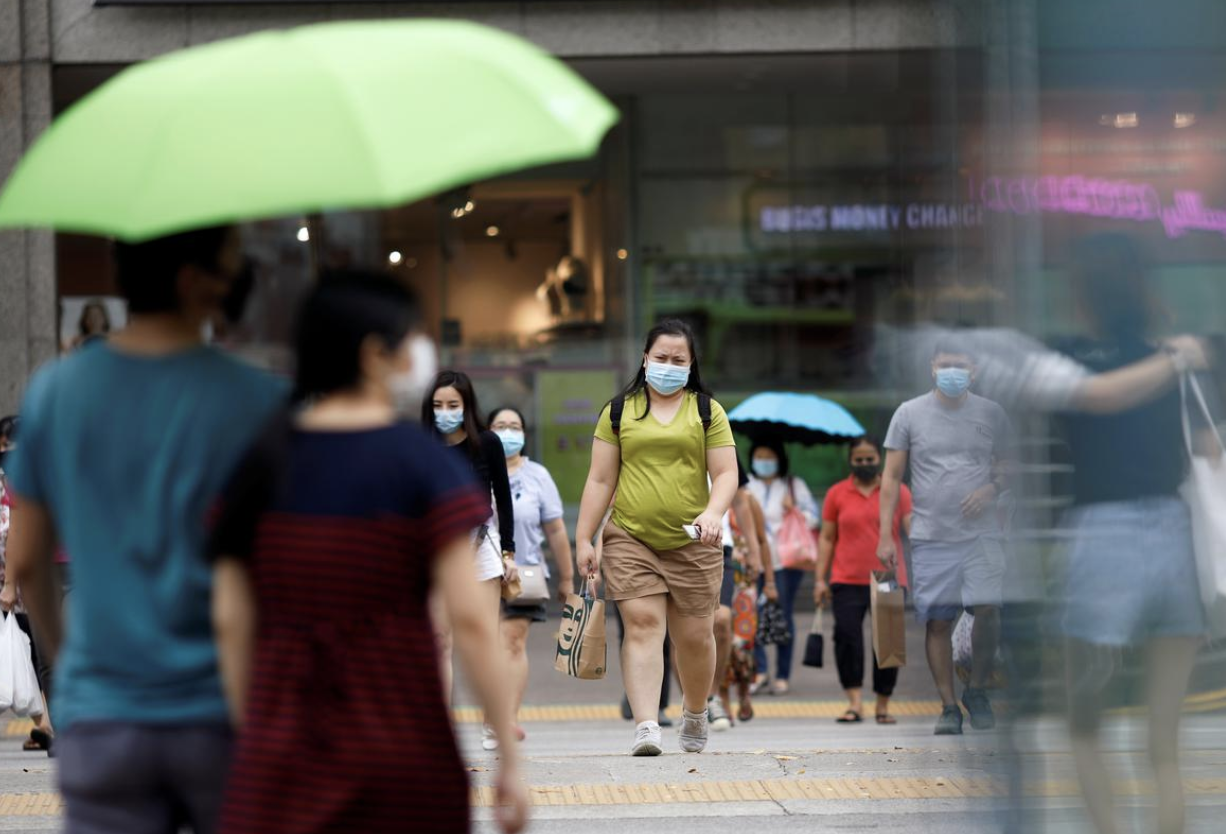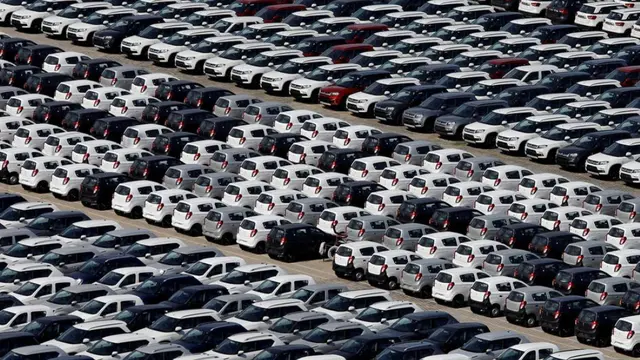Editor's note: This is the 91st article in the COVID-19 Global Roundup series. Here is the
previous
one.
Gross domestic product (GDP) dived by a record 41.2 percent in the three months ended March, on a quarter-on-quarter annualized basis, preliminary data from the Ministry of Trade and Industry showed on Tuesday.
The latest GDP estimate was worse than analyst's expectation. Economists polled by Reuters had forecasted the Southeast Asian economy to shrink 37.4 percent in the quarter when countries were under lockdown to curb the spread of the virus.
The first in Asia to report second-quarter GDP data, the grim numbers for the wealthy city-state - a bellwether for the global economy - underscore the sweeping economic impact of the COVID-19 pandemic and also point to an arduous road ahead.

India’s auto sales volume will take another 3-4 years to reach 2018 levels, an industry body executive said on Tuesday, as the coronavirus-induced lockdown hurt the economy. /Reuters
Worst-ever slump
The International Monetary Fund (IMF) warned of a steep contraction in global economic activity as the health crisis shut businesses, depressed consumption and paralyzed trade. It forecast 2020 world output to shrink by 4.9 percent, compared with a 3.0 percent contraction predicted in April.
Japan's economy will shrink at the fastest pace in decades in the year through March 2021, forcing the government to compile another stimulus package to cushion the blow from the coronavirus pandemic, a Reuters poll showed on Friday.

Containers are seen at an industrial port in the Keihin Industrial Zone in Kawasaki, Japan. /File photo from Reuters
The once-in-a-century pandemic has so far infected over 13 million people worldwide and killed more than 571,000.
According to the IMF's analysis, India would be the large economy worst hit by the pandemic. The Indian GDP in the ongoing financial year, which began in March 2020, will contract by 4.5 percent while the Fund had been predicting 2 percent growth for the year just a few weeks ago.
Indian officials have been reticent to the estimates since the country's economy "has not contracted since 1979", the India Times commented.

A public health message is seen amidst the lockdown restriction at Bondi beach in Sydney in Australia. /Reuters
Ramps up coronavirus curbs
The Singapore economic performance in the second quarter worsens due to the implementation of the lockdown restrictions, as a jump in novel coronavirus cases across Asia triggered fears of the second wave of infection.
The World Health Organization (WHO) has warned that the pandemic would worsen if countries failed to adhere to strict precautions on Monday after countries around the world are beginning to show signs of a recurrence.
Hong Kong, which suffered remarkably few cases in the first wave of the pandemic, will impose strict social distancing measures from midnight on Tuesday, the most stringent yet in the Asian financial hub. Walt Disney Co said it is temporarily closing its Hong Kong Disneyland theme park from Wednesday.
Australian states tightened borders and restricted pub visits on Tuesday, while Disney prepared to close its Hong Kong theme park, and Japan stepped up tracing.
Many parts of Asia are finding cause to pause the reopening of their economies, some after winning praise for their initial responses to the outbreak.
India's tech capital of Bengaluru begins a new, week-long lockdown on Tuesday after a surge in cases following the easing of restrictions.

People wearing protective face masks cross a street, amid the outbreak, in Singapore July 14. /Reuters
Economic stimulus relief
Governments around the world have been acting decisively to protect their people and business from the disruption caused by the pandemic. Through the combination of tax-cutting, investment incentives, job-creating, etc., countries are seeking a way to alleviate the economic and financial turmoil.
How are governments in Asia respond to the call for stimulus?
South Korea outlined a plan on Tuesday to spend 94.6 billion dollars on a "New Deal" to create jobs and help the economy recover from the coronavirus fallout, anchored in part by "green" investment in electric vehicles and hydrogen cars.
Australians asked to pull out more than 5 billion Australian dollars (3.5 billion U.S. dollars) from their pension funds in the first week of July, the highest since the government granted early access to retirement savings to support a coronavirus-hit economy.
The central bank in Singapore eased its monetary policy in March and has introduced measures to boost bank lending, while the government has pumped in nearly 72 billion dollars stimulus to blunt the impact of the pandemic.
Thailand's parliament approved in May a near 60 billion dollar stimulus package, the kingdom's biggest-ever cash injection, to revive an economy that has been hammered by the coronavirus.
(With input from agencies)
 简体中文
简体中文



